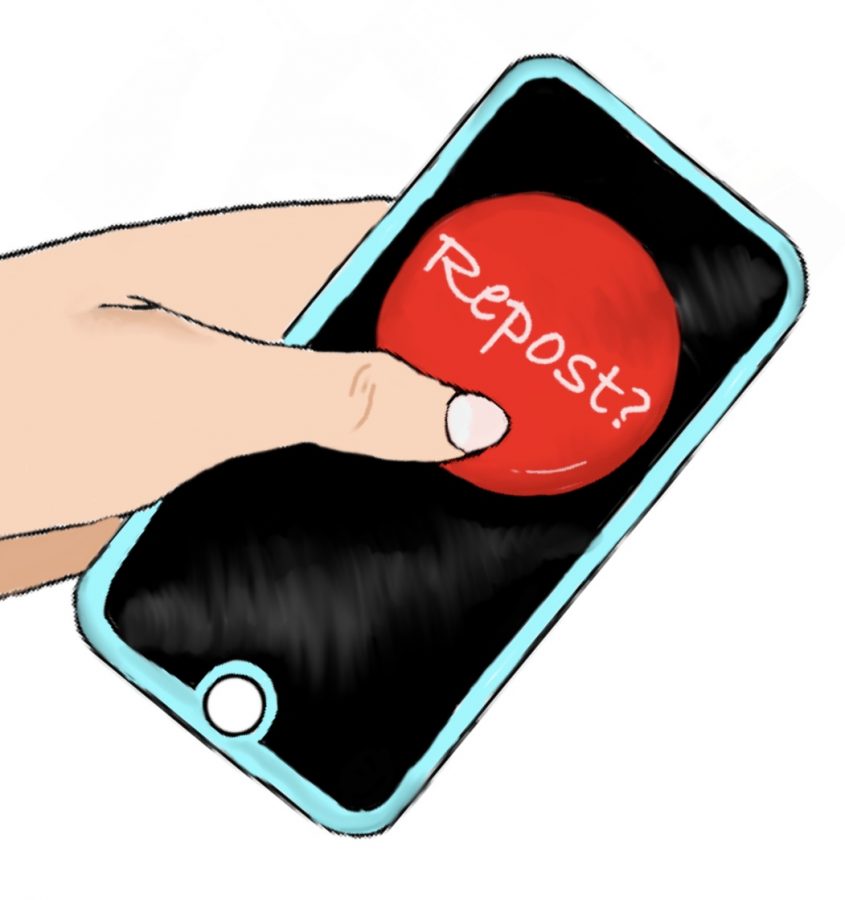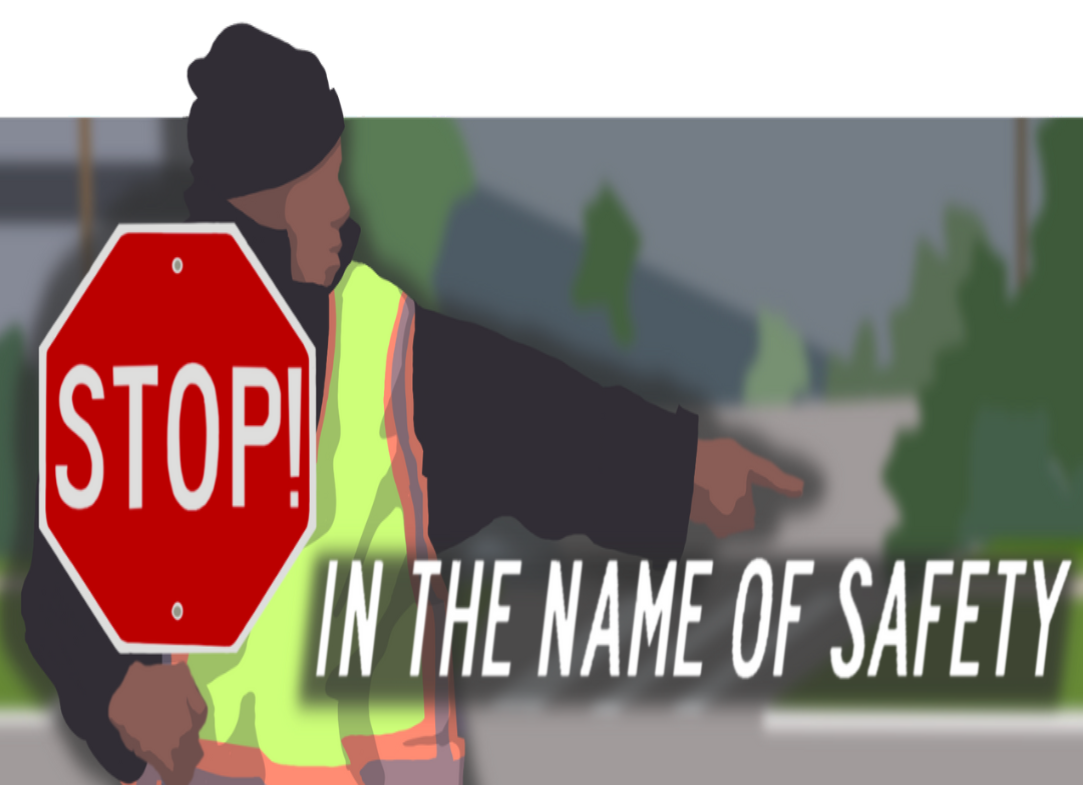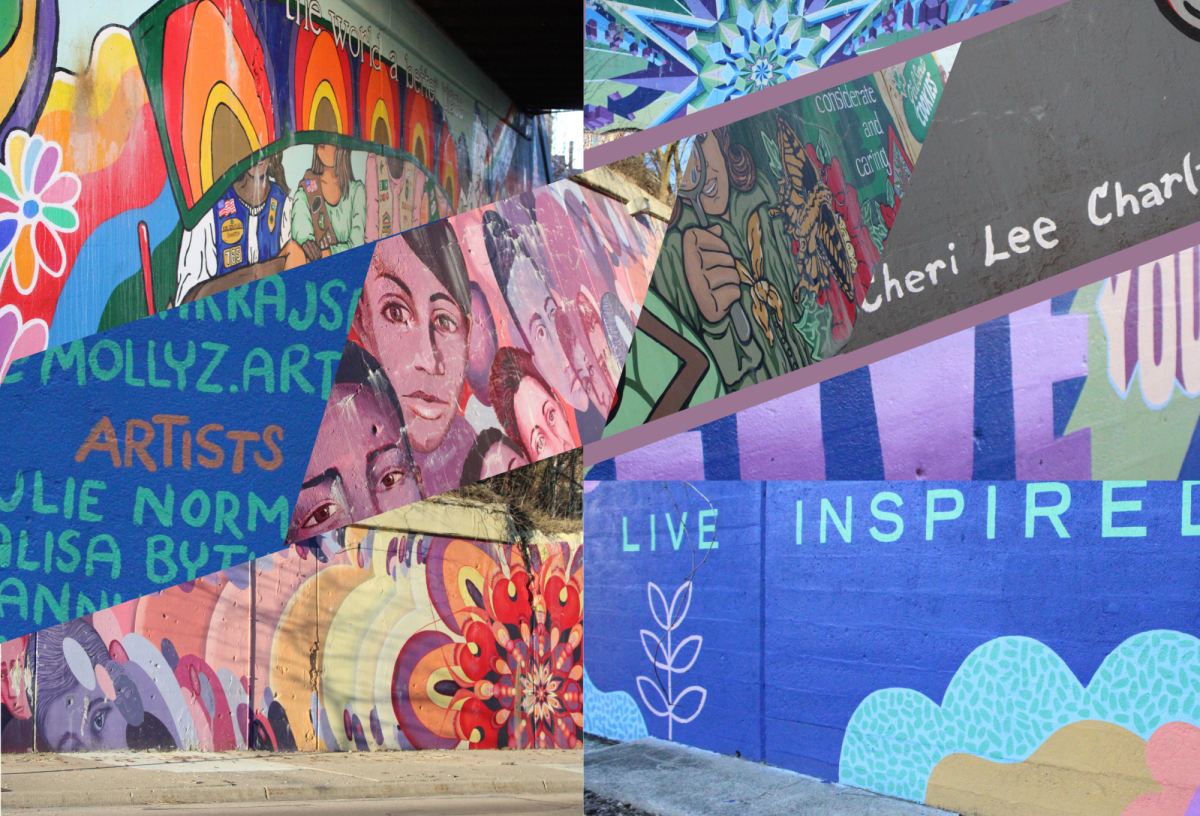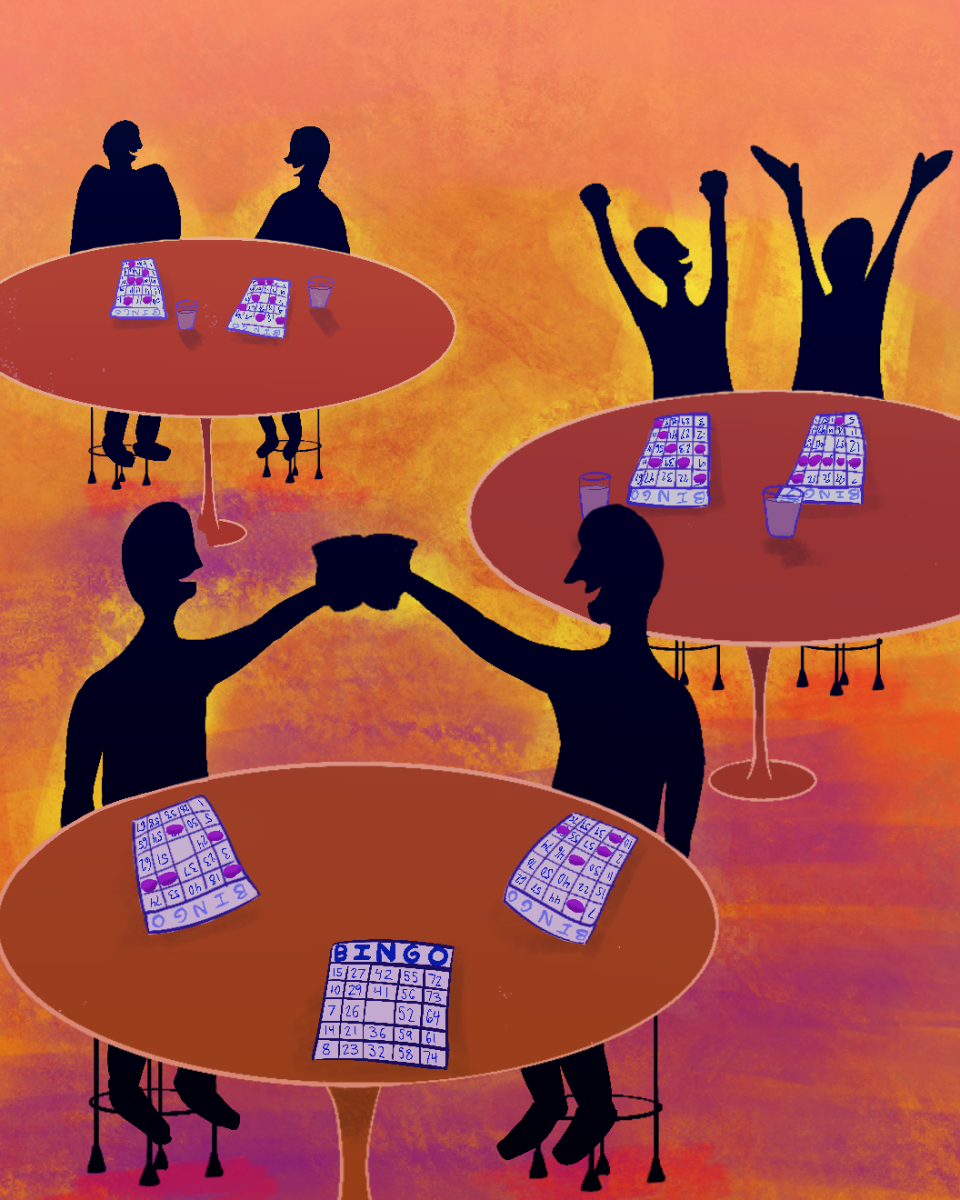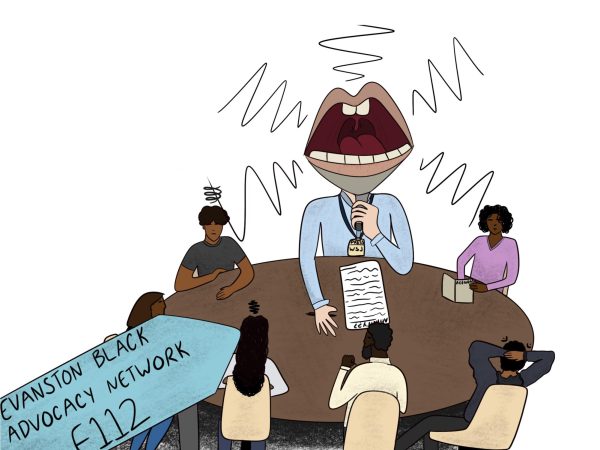We need to educate ourselves more before reposting on BLM
August 20, 2020
If you have been on Instagram in the last couple of months, you may have noticed many reposts circulating in the media. Specifically pointing out racial injustice in our world, highlighting a problem many thought was fixed. Reposting on this matter started to gain attention on social media shortly after the death of George Floyd, who died at the hands of Derek Chauvin, a white police officer. While reposting can be a beneficial education tool to get others immersed in an issue they are advocating for, it became clear that some were just reposting the fit in with the media trend. This action can be known as performative activism, where one uses a cause to boost their social capital rather than being truly invested in the cause they are activating for.
“People participate in performative activism because they don’t want to seem ignorant, or they want to appeal to the group of people who follow them,” states Ali Cutter, a sophomore at ETHS.
While I am against performative activism, I am guilty of it too. At times I felt pressured to quickly repost something, with the fear that others would judge me for not doing so. I noticed I was advocating for something that I didn’t have a good understanding of. It opened my eyes to see how often we are blindly following a trend, and it worried me that it was interfering with the way we educate ourselves.
Yes, reposting has its flaws. But It can’t go unnoticed that reposting has played a positive role in gaining popularity towards that Black Lives Matter movement (BLM). The BLM movement has helped uncover America’s racial injustices, bringing attention to the countless victims of police brutality and racism that have occurred. The movement has allowed us to take steps towards a better future. But, unfortunately, we can’t rely on reposting under this popular hashtag to create permanent change. With the quick-paced nature of social media, it can be easy to not allow time to reflect on an issue before acting upon it. That’s where we can start to make mistakes.
On July 2, 2020. Black Out Tuesday was a prime example of how performative activism can lead to an unintended problem. This day was a time to take a pause from the media and reflect on the injustice that still goes on in our country daily. Also, it gave the opportunity to show support for the BLM movement. While the people who participated in Black Out Tuesday had good intentions, the social media movement might have caused more harm than good.
On this day, many participated in this movement by posting a black square. Some captioned their Black Out Tuesday post with the Black Out Tuesday hashtag, while others captioned their post with the Black Lives Matter hashtag. This created a problem due to the fact that these black squares were drowning out necessary information that was under the BLM hashtag, according to CNN.
“I don’t think that people participating in Blackout Tuesday educated themselves. I think that people posted because they did not want to seem racist or uninterested in the BLM movement, and rather than educating themselves or assisting in other ways, they went with the crowd,” said Haven Mclntosh-Lombardo, a sophomore at ETHS.
Many came out with a statement informing others about the consequences that occur when using the BLM hashtag. Despite the fact, many people proceeded to use it. This situation could have easily been avoided if we were not all in a rush to do something prior to, educating ourselves before taking action on that matter.
We also need to remember that Black Lives Matter is more than a hashtag, and speaking out against injustice in our world should not end with a simple black square. You can tell the world that you support BLM, but actions speak louder than words.
When putting out impactful content, reposting can go a long way. Yet, there is so much more we can do to show our support towards this movement. Some alternatives to reposting can be protesting, donating to the cause, and signing petitions. But personally I think it all starts with educating yourself, as you can contribute so much more to a cause once you are.

